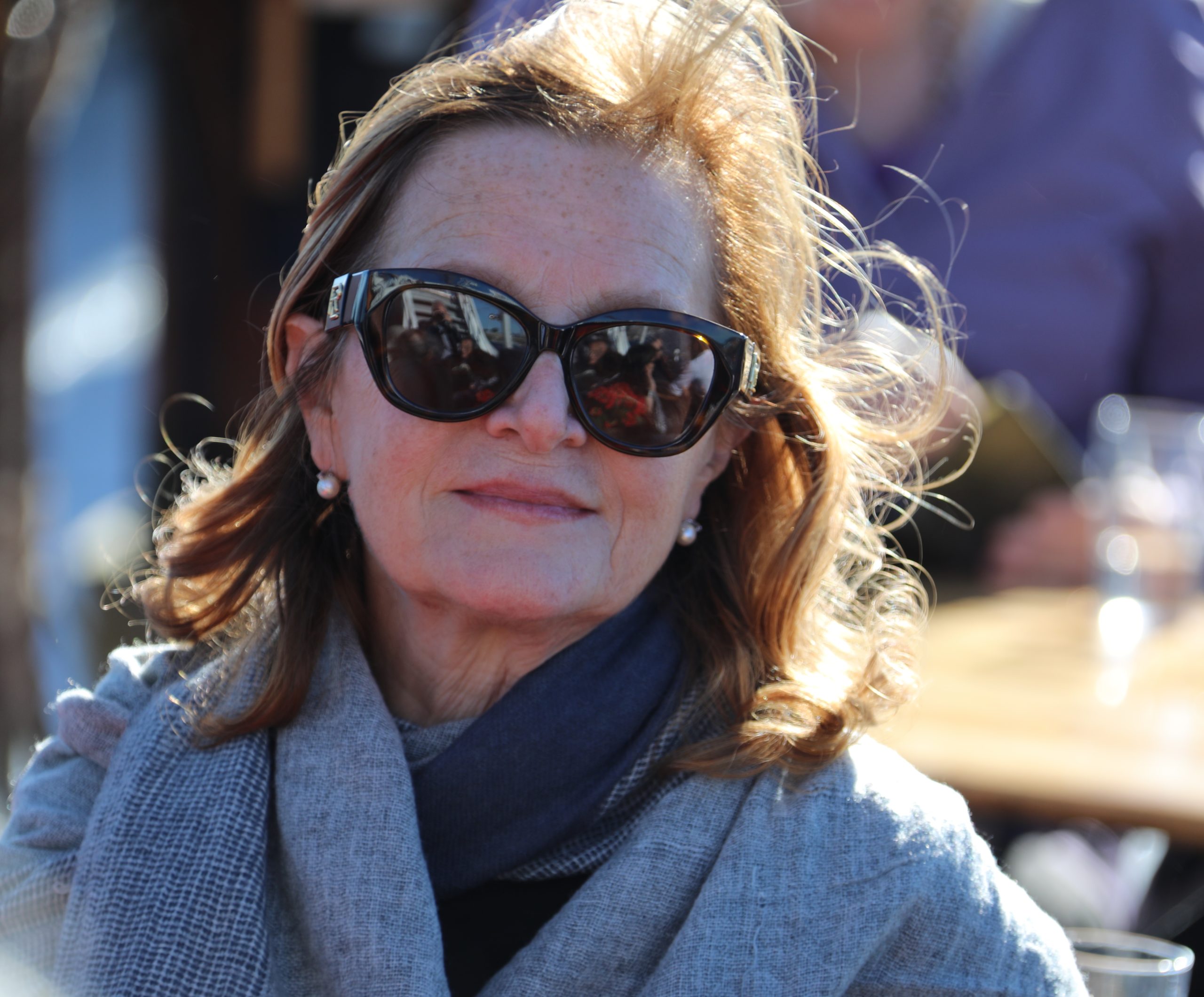ICCNS AWARD 2025
Professor George Bou-Gharios Professor Bou-Gharios studies how connective tissues—especially the extracellular matrix (ECM)—are formed, regulated, and […]
ICCNS Award 2022 Recipient
ICCNS Award 2022 Recipient Professor Lester Lau Pr. Lester Lau Department of Biochemistry and Molecular Genetics, […]
Treasurer
Positions Foreign Postings Professional training Publications Organization of International Conferences
Bits & Bytes
An information blog open to ICCNS members This page is meant to provide an open forum […]
